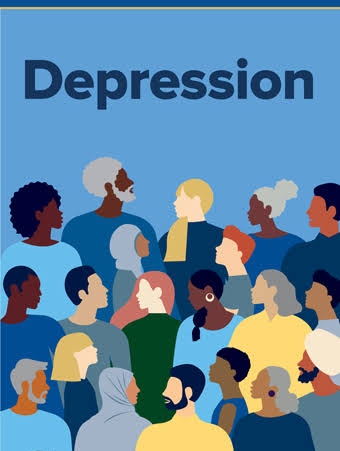Anxiety
Understand anxiety: Educate yourself about anxiety to better comprehend its causes, symptoms, and effects. Learning about anxiety can help you recognize and manage it more effectively.
Practice relaxation techniques: Techniques such as deep breathing, progressive muscle relaxation, meditation, and mindfulness can help reduce anxiety symptoms. These techniques can promote a sense of calmness and relaxation.
Physical exercise: Engaging in regular physical activity has been shown to have a positive impact on mental health. Exercise can help reduce anxiety levels and improve overall well-being.
Maintain a healthy lifestyle: Ensure you're getting enough sleep, eating a balanced diet, and avoiding excessive caffeine or alcohol, as they can exacerbate anxiety symptoms.
Challenge negative thoughts: Anxiety often involves negative thinking patterns. Practice challenging and reframing negative thoughts with more realistic and positive ones. Cognitive-behavioral therapy (CBT) is a commonly used therapy that focuses on identifying and changing negative thinking patterns.
Seek support: Reach out to friends, family, or support groups to share your feelings and experiences. Sometimes, talking to someone who understands can provide a sense of relief.
Professional help: Consider seeking guidance from a mental health professional, such as a therapist or counselor. They can provide you with tools and strategies tailored to your specific needs.
Medication: In some cases, medication may be prescribed by a psychiatrist to help manage anxiety symptoms. If you're considering medication, consult a healthcare professional who can provide guidance and monitor your progress.
Remember, everyone's experience with anxiety is unique, and what works for one person may not work for another. It may take time to find the strategies that best suit you. Be patient with yourself and prioritize self-care.




.png)



Comments
Post a Comment